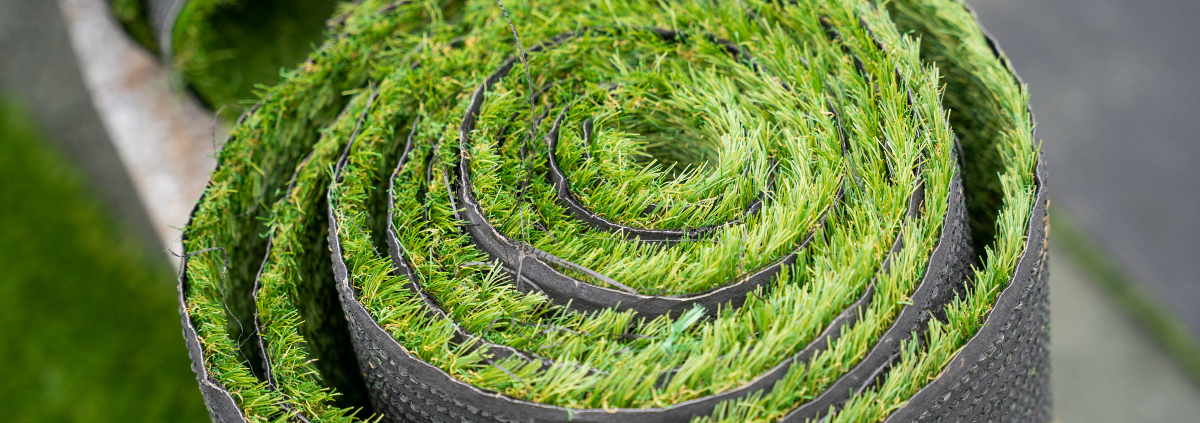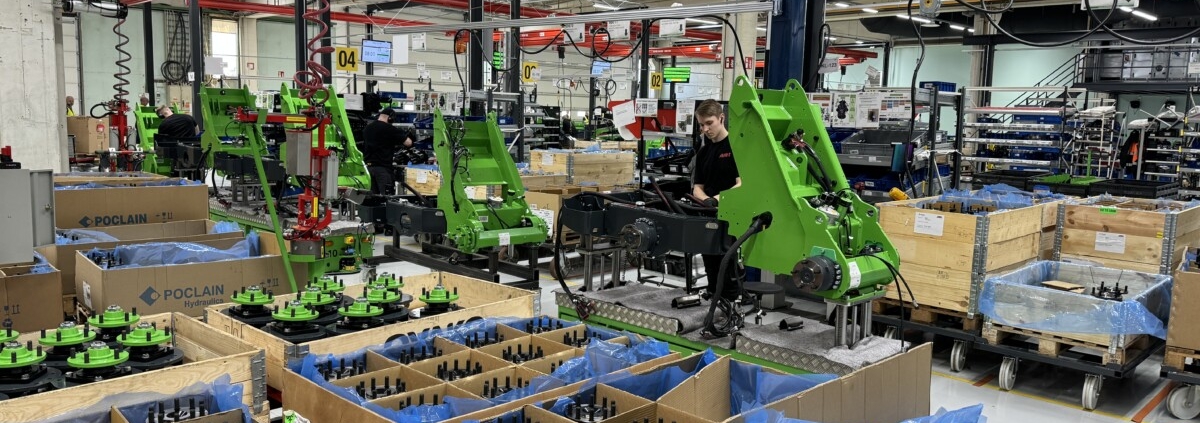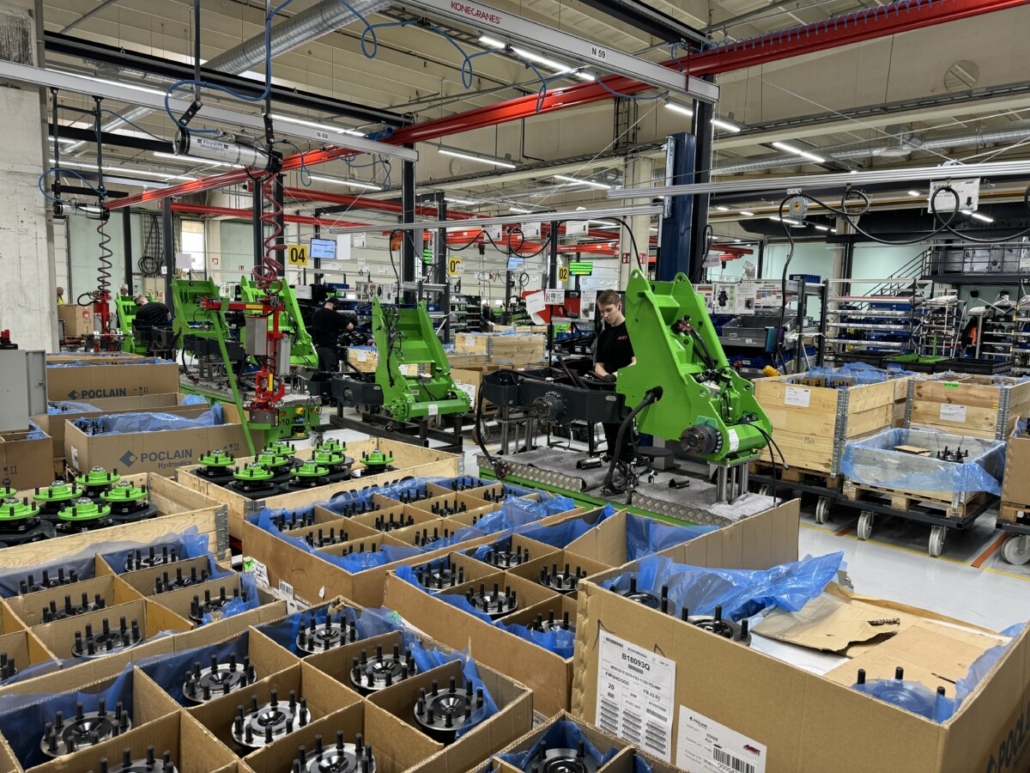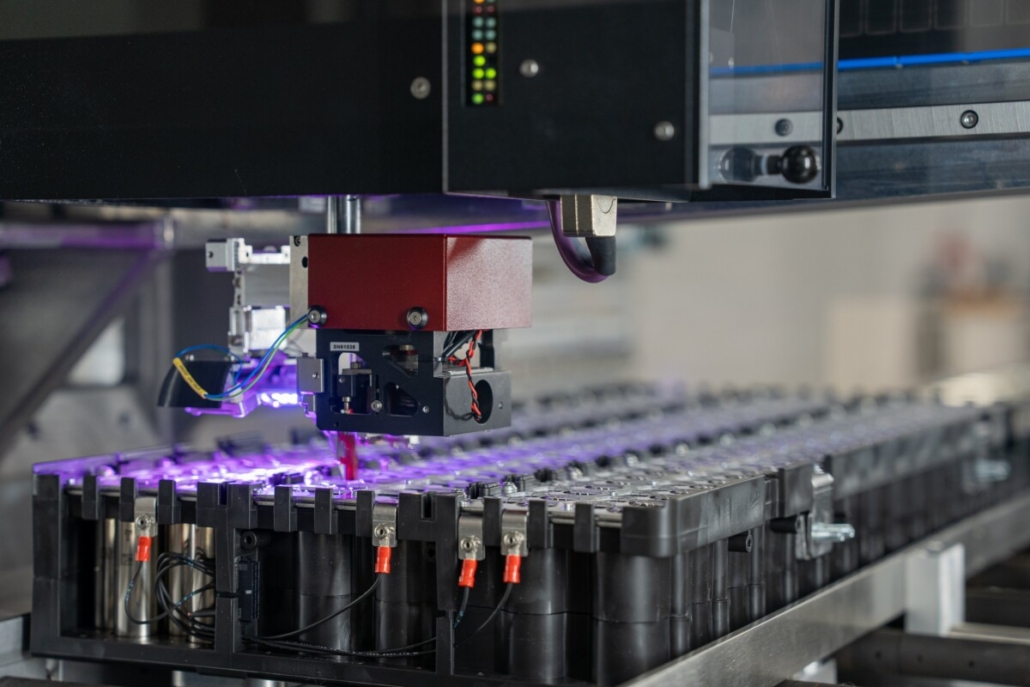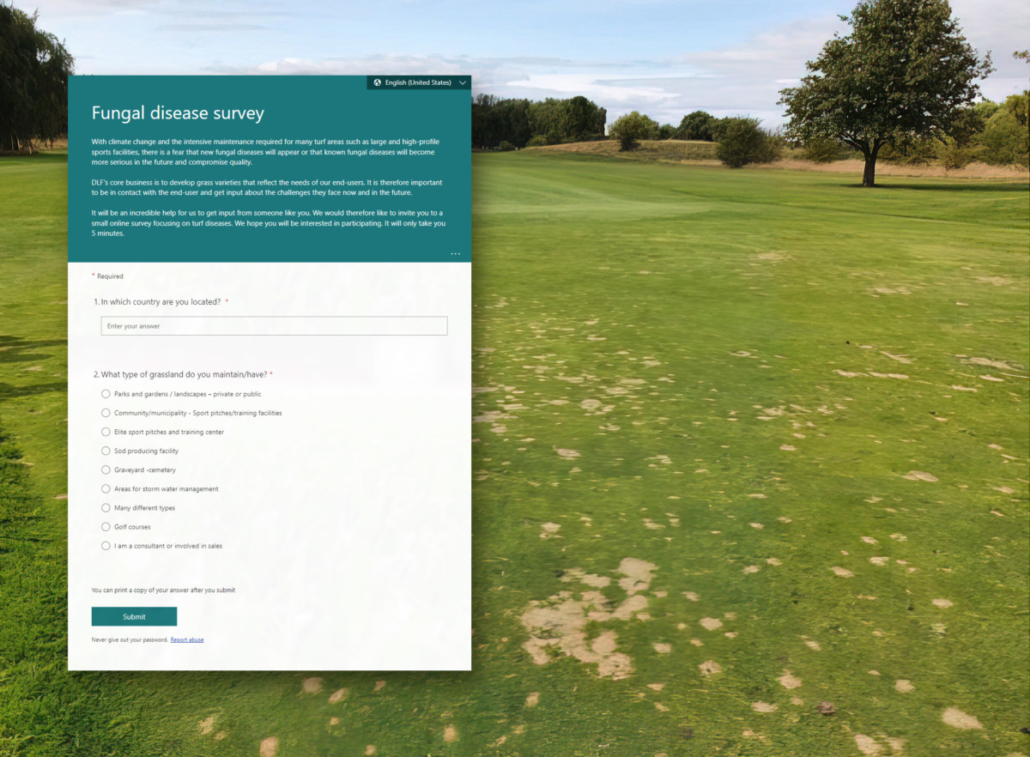Third of Brits now want artificial grass banned
Third of Brits now want artificial grass banned: Artificial grass rose to popularity several years ago due to its cleanliness, consistently perfect aesthetic, and its ease to maintain. However, last year, data revealed that 24 per cent of people living in Britain would support a ban.
Just 12 months later, new statistics show this figure has now risen to 36 per cent in support of a full ban on the product – a rise of 50 per cent in just one year.
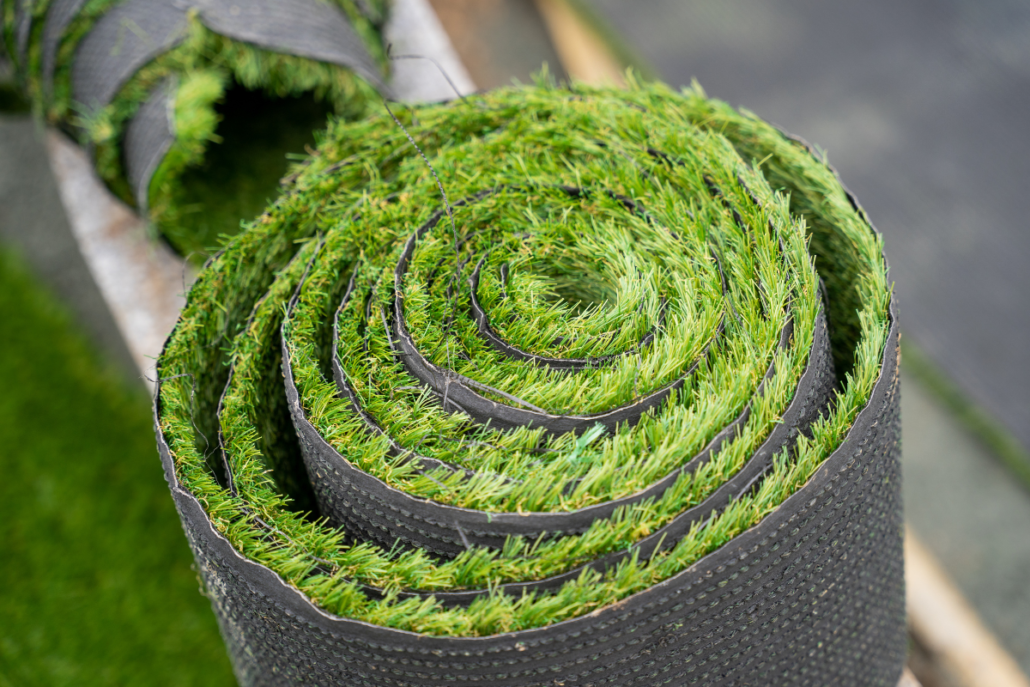
Third of Brits now want artificial grass banned
According to research from MyBuilder.com, the reliable way to hire tradespeople, more than a third of people living in the UK want to ban artificial grass. This explains the drop in popularity for the product, with data from the company itself showing enquiries for artificial grass installation were down 48 per cent year on year in 2023. Google data supports this finding, with searches for the product down 20 per cent since 2023 – and 50 percent since 2021.
The new statistics show that support for a ban is universal across all age groups and is consistent for both men and women. Geographically there are some variations, with Scottish capital Edinburgh showing the strongest support. In Edinburgh, more than half (53 per cent) of residents would support a full ban. Manchester was the least supportive – although 32 per cent still stated that they would like to see the product banned. Other results included:
- Cardiff 41%
- Liverpool 39%
- Plymouth 39%
- Leeds 39%
- Southampton 38%
- London 36%
- Birmingham 36%
MyBuilder.com ran the research across its European territories, which also showed strong support for a ban. Perhaps unsurprisingly, green-focused Netherlands residents stated they would like a ban. Results across Europe included:
- Data from the Netherlands showed that 43 per cent of residents support a ban
- Data from France showed that 26 per cent of residents would support the ban
- Data from Germany showed that 31 per cent of residents would support the ban
- Data from Austria showed that 30 per cent of residents support a ban
James Lewis, expert gardener from MyBuilder.com, said widespread negativity in the press, and concerns about how artificial grass affects wildlife, has caused concerns with homeowners.
“After an extremely wet 2024, Brits are understandably really worried about flooding and the damage it can cause to both property and gardens. Artificial grass has received a fair amount of negativity for the potential it has to increase any flooding risk.
“We’d advise anyone considering installing it to look at all the pros and cons, as there are still many benefits to the product.”
To help those thinking about it decide, experts from MyBuilder.com have compiled a list of the advantages and disadvantages of installing an artificial lawn.
Pros
- Looks aesthetically pleasing all year round
No brown spots, bald patches, or muddy puddles here! There’s no denying that an artificial lawn looks nice and maintains its appearance, whatever the weather.
- No need for watering
No live grass equals no need for watering in the summer. Saves you time, and money, off your monthly water bill. Also useful when the inevitable hosepipe ban comes into play.
- Low maintenance
No mowing, no watering, no reseeding – there’s no doubt that an artificial lawn is easier to look after than a natural one.
- Easy to clean
We all know the risk of unseen pet poo and urine on our lawns, but with an artificial lawn you can easily hose it down to keep it sparkly clean.
Cons
- Cost to buy and install
Although once in place it may save you money, buying and installing your artificial lawn is likely to be a several thousand-pound cost. The average cost for installation in an average size garden is between £1,200 to £2,500.
- Impact on natural habitat
Removing natural grass undeniably has a negative effect on the environment, with the loss of habitat for bugs and wildlife.
- Drainage implications
Although this varies depending on product and installation, an artificial lawn does not drain as well as a real one. This can cause issues in areas where flooding is a problem, such as in new build estates built on previous flood plains, or in areas close to bodies of water.
- Can get too hot
Artificial lawns can get too hot for little feet and paws, causing blistering and burns. Vets from Joii Pet Care have recently warned owners that artificial grass can be perilous for pets, and advised caution when allowing pets onto it.
If you’re considering a garden project, MyBuilder have a helpful cost guide at https://www.mybuilder.com/pricing-guides/garden-landscaping-cost
For the latest industry news visit turfmatters.co.uk/news
Get all of the big headlines, pictures, opinions and videos on stories that matter to you.
Follow us on Twitter and Instagram for fun, fresh and engaging content.
You can also find us on Facebook for more of your must-see news, features, videos and pictures from Turf Matters.

